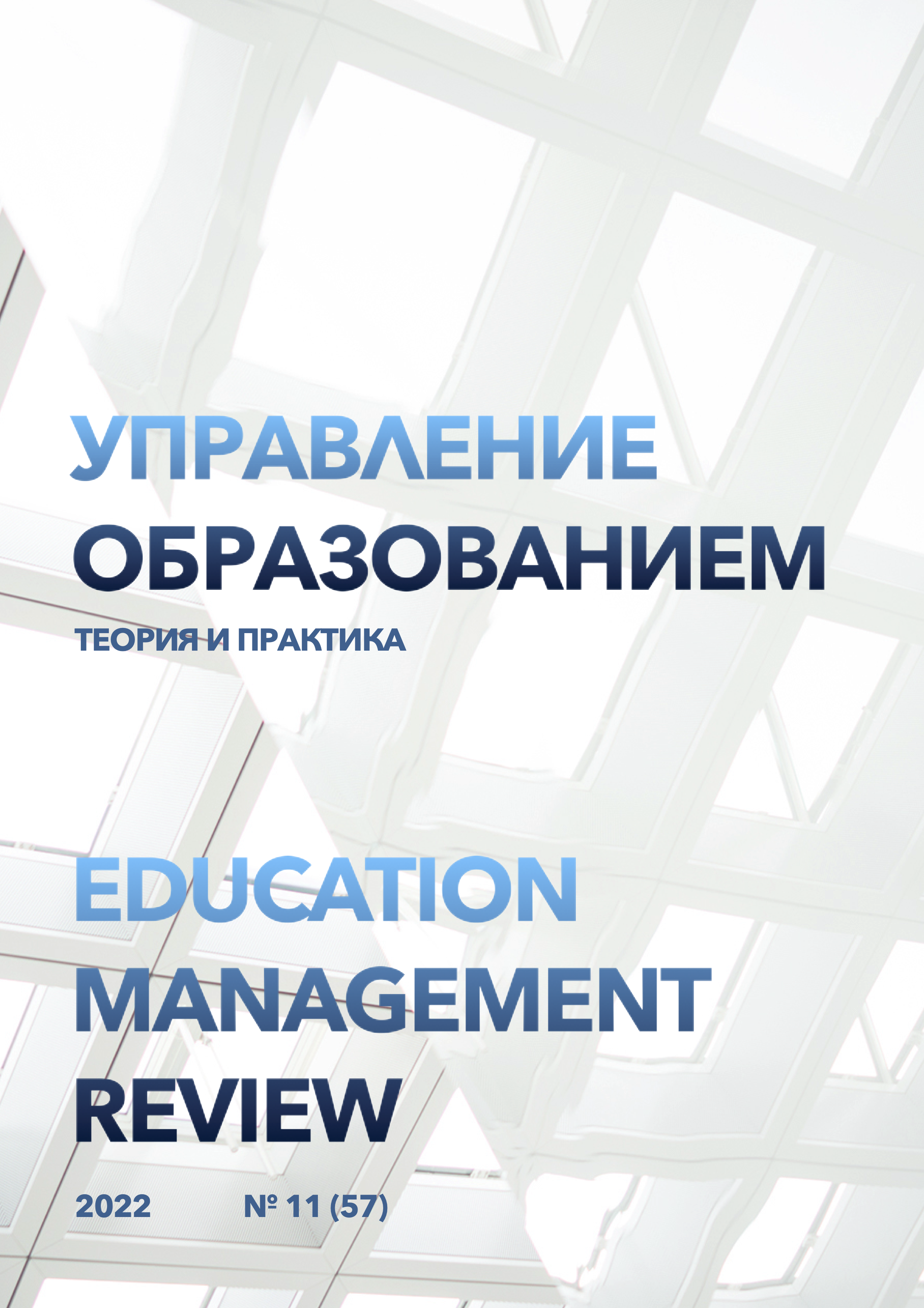Conditions for the formation of competence in the specialty "software engineering"
DOI:
https://doi.org/10.25726/q1125-2979-0698-uKeywords:
software engineering, competence, specialty, formationAbstract
Since 2012, among the priority areas of education and science for teaching students and graduate students, internships of scientific and scientific and pedagogical workers in leading higher educational institutions and scientific institutions abroad, which relate to computer science and computer technology, three are software engineering, software systems and software engineering - belong to the same specialty: 121 - Software engineering. In addition, a significant part of other priority areas (mathematical and computer modeling; information and communication technologies; artificial intelligence systems; system programming, etc.) are tangent to it. Technologies and tools for developing software products and systems are identified as one of the priority areas for scientific research and scientific and technical development in Russia for the period up to 2020. These and a number of other legislative initiatives of our state are evidence of an urgent public need for competent software engineering specialists trained on the basis of the best world standards and advanced foreign experience and capable of designing, testing, implementing and commercializing innovative IPO technologies. It would be appropriate to start the analysis of the world experience in the training of IPT specialists with a retrospective review of the evolution of the very concept of "Software Engineering" and the main stages in the development of this industry. The purpose of the article is to analyze the main stages in the development of the IPP as a field of knowledge, highlight the fundamental components of the training of future software engineers and determine the trends in the development of this industry for the next decade.
References
Абрамова Е.А., Войнова М.Е. CRM-система как фактор успешной реализации бизнеспроцессов в современной компании // Проблемы экономики, финансов и управления производством. 2019. № 44. С. 42-46.
Алексашина Е.С., Горбунова О.Н. Профессиональные стандарты в образовании с учетом потребности цифровой экономики России //Социально-экономические явления и процессы. 2017. Т. 12, № 5. С. 204-209.
Бутенко Ю.И., Семенова Е.Л. Влияние лингвистических особенностей текстов стандартов на информационный поиск // Филологические науки. Научные доклады Высшей школы. 2019. № 4. С. 29-35.
Котлярова И.О., Сериков Г.Н. Партнерство субъектов образовательного процесса в непрерывной научно-исследовательской деятельности аспирантов // Вестник ЮУрГУ. Серия «Образование. Педагогические науки». 2018. Т. 10, № 2. С. 6-16.
Магомедов Р.М. Анализ возможностей использования платформы Saleforce CRM на российском рынке // Самоуправление. 2021. № 1 (123). С. 312-314.
Нечаева М.А., Зимина Л.В. Особенности информационных систем управления взаимодействием с клиентами // Экономическая среда. 2016. № 1 (15). С. 59-64.
Пашаева С.С., Кочеткова Н.В. Сравнительный анализ отечественных и зарубежных программ, используемых в управлении //Современные научные исследования в сфере экономики: сб. результатов науч. исследований. Киров, 2018. С. 821-824.
Aleem S., Capretz L., Ahmed F. Game development software engineering process life cycle: A systematic review. J. of Software Engineering Research and Development, 2016, vol. 4, art. 6. DOI: 10.1186/s40411-016-0032-7.
Elsakova R., Leskina J. The methods of mastering future managers' professional culture // ICERI2017 Proceedings. 2017. P. 1994-1999.
Murphy-Hill E., Zimmermann T., Nagappan N. Cowboys, ankle sprains, and keepers of quality: How is video game development different from software development? Proc. ICSE, 2014, pp. 1-11. DOI: 10.1145/ 2568225.2568226.
Oliveira J., Tereso A., Machado R. An application to select collaborative project management software tools. In: New Perspectives in Information Systems and Technologies, vol. 1. AISC, 2014, vol. 275, pp. 467-476. DOI: 10.1007/978-3-319-05951-8_44.




